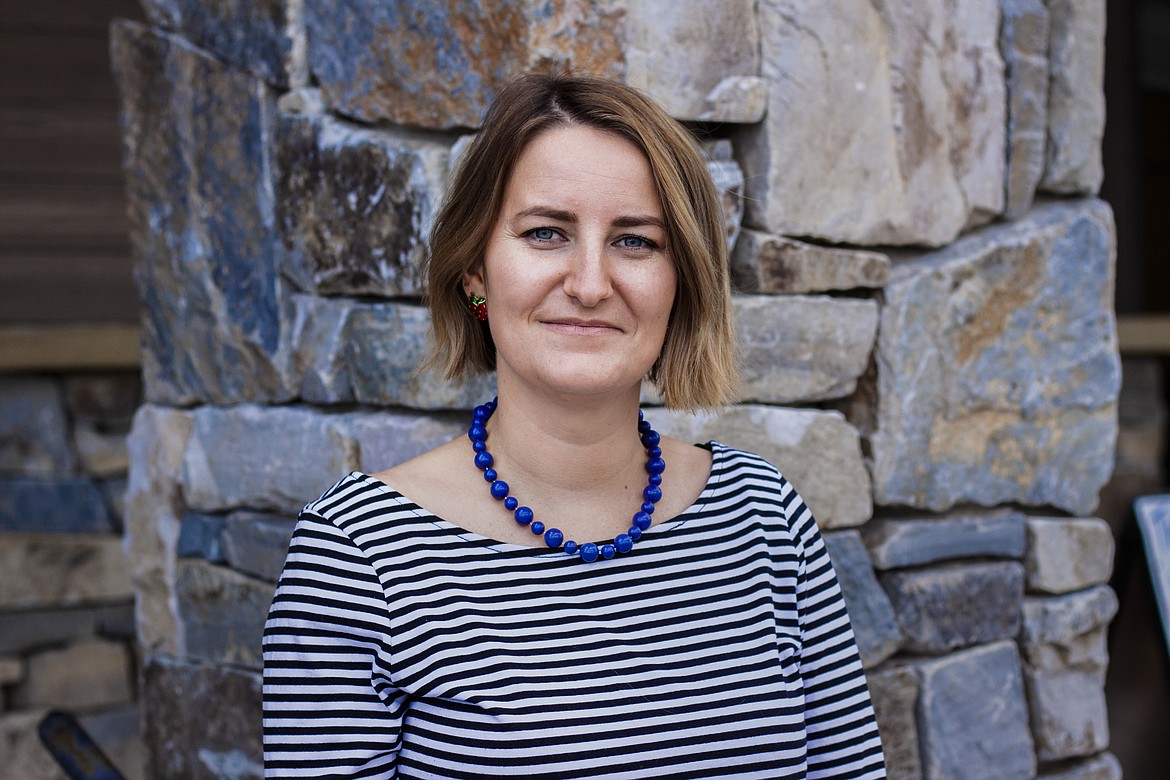In a Nutshell: Food bank helps through trauma-sensitive food assistance
Every May organizations across the U.S. raise awareness about mental health, educate the public and fight social stigmas. Did you know that there is a close relation between trauma and food insecurity?
Trauma-sensitive food assistance is an important topic that has garnered rising attention in recent years and addresses how we, North Valley Food Bank and other food-access programs across the country, can support community members who have experienced trauma such that their relationship with food can be complicated and painful.
Last year, I had an opportunity to take a course on “Trauma-Sensitive Nutrition Security Approaches” with Leah’s Pantry, a California-based nonprofit and leader of the trauma-informed nutrition movement.
The course started with an exploration of each participant’s relationship to food. What does food mean to you? Do you relate food to healthy living, social connections or moral choices? Is food sacred to you or an aesthetic work of art? Which of these speak to you? To establish a healthy relationship with food, the relationship needs to be well-rounded and include multiple of the preceding considerations. Only with this rich relationship to food can we create sustainable, healthy eating patterns that lead to long-term, well-nourished communities.
The most striking part of the course for me was the realization that food security programs are often built on nutrition research that results in rules such as, “Eat less sugar, eat more vegetables.” This approach assumes that a healthy lifestyle is solely an individual’s responsibility and puts blame on the individual when they suffer from poor health connections related to nutrition. Instead, we should look at causes of falling into unhealthy behaviors that are often rooted in adverse childhood experiences, such as hunger, stigmas around the use of public benefits or forced, restricted diets. After examining causes, we next create programs that build connection and reframe the food experience for our customers.
The North Valley Food Bank has been thinking about how we can incorporate this knowledge into our services during recent strategic planning. Over the next three years, we want to improve how we implement trauma-sensitive food assistance. Our goal is to create healthy, compassionate experiences by providing choice and agency to customers when they select their food, creating a safe, inclusive and welcoming environment, ensuring access to healthy foods, building trustworthiness and transparency and offering additional resources and support services beyond just food assistance. Further, we want to ensure our staff and volunteers receive training on trauma and the impacts it may have on customers, as well as how to respond in a sensitive and supportive manner. Finally, we plan to work with other food-access organizations in the Flathead Valley to establish strategies to center lived experience by listening to and valuing the voices of those we serve. Through trauma-sensitive food assistance, we can help ensure that everyone has access to the resources they need to thrive in our communities.
If you want to learn more about the relationship between nutrition and trauma and how adverse childhood experiences affect our eating, check out www.leahspantry.org.
Sophie Albert is the executive director of North Valley Food Bank. Albert provides insights into happenings at the food bank, rural food insecurity, stories of the community and more in the monthly Whitefish Pilot column titled, In a Nutshell.


